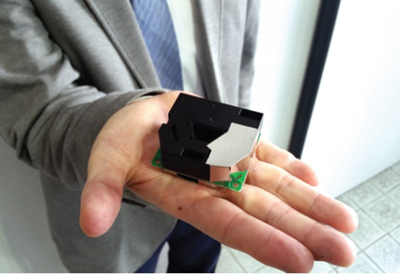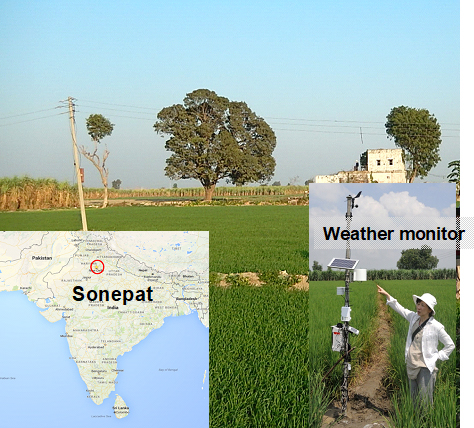Co-benefit strategy of global warming mitigation and clean air - a mitigation study of SLCPs emissions from agriculture by collaboration with stakeholders in the environs of Delhi.
HAYASHIDA Sachiko
Nara Women's UniversityArea : India
The aim of the FS project is to examine some measures for the reduction of short-lived climate pollutants (SLCPs) including black carbon and methane from agriculture in Asia, as a co-benefit strategy for global warming mitigation and clean air.
We focus on open crop residue burning (OCRB) after harvesting wheat or rice at farming areas in neighborhood of Delhi, because this area is well known for heavy air-pollution with high concentration of PM2.5. Our project plan with four themes includes: (1) Satellite and in-situ measurements of atmospheric SLCPs, (2) PM2.5 measurements with the newly-developed compact instrument, (3) Survey of local farming villages and implementation of mitigation practices including production of biochar and compost (4) Design of field experiment to assess farmer's incentives to stop open burning of straw.

Photo.1
The newly-developed compact PM2.5 instrument.

Photo.2
Atmospheric measurements at Sonepat which is located 50 km north of Delhi.
